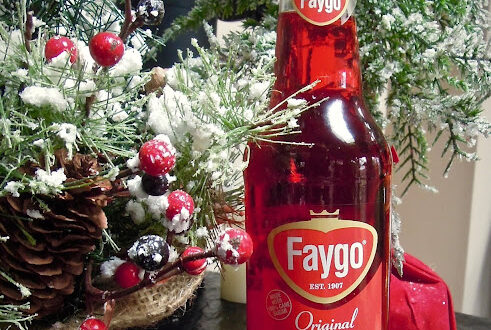
The “black holes” in our social universe
“Whether we give away too much or too little of ourselves, our vitality dwindles.” ~Sue Patton Thoele
Black Hole Relationships
(Parts of this essay were adapted from Writing Home)
A full-time mother of three once told me she looked forward all year to summer break and hated to see it end. Was she nuts? Did she really enjoy refereeing troops of rowdy kids in her basement and making dozens of grape jelly sandwiches on short order?
“I love summer because I get a reprieve from the back-stabbing at school events and Mothers’ League meetings,” the young mom insisted. “I don’t have to deal with the woman who doesn’t like me in my daughter’s class,” she explained.
Even if you’ve never been a homeroom mom, you know exactly what she meant. You’ve got your own social nemesis.
Maybe yours is the cranky neighbor who complains about the paint color you chose for the front door? Or how about the boss or coworker who never praises your best efforts on a big project? And how about the friend who never remembers your birthday — but always expects a birthday lunch from you?
Sue Patton Thoele calls them “the black holes” in our social universe. Thoele is the author of A Woman’s Book of Soul: Meditations for Courage, Independence & Spirit (Conari Press), a collection of short inspirational essays.
Theole recalls an awkward time when she wasn’t hitting it off with two women in her own social circle.
“The energy I put out to these women was merely absorbed as if it had disappeared into a black hole and none came back to me,” she explains. As a psychotherapist, Thoele understood that we all tend to project our unconscious feelings onto other people. She knew that the qualities we dislike in others are often the same ones we dislike in ourselves. But then reality dawned: The cold-shouldered women in her circle were simply lousy candidates for her friendship.
“The energy I put out to these women was merely absorbed as if it had disappeared into a black hole and none came back to me.” ~Sue Patton Thoele
“Black-hole syndrome” isn’t limited to social circles or the workplace. Your extended family dynamic might be riddled with black holes too. Are you the only one initiating get-togethers or reaching out to maintain a particular family relationship? If you were to stop making the effort, would the relationship atrophy or thrive?
“If we’re saddled with the belief that everyone needs to like us in order for us to be acceptable — or that we should be able to be friends with anyone — we cause ourselves a lot of pain,” she says. “We’re simply ‘energetic misses’ with some people.”
Compatibility can be tricky. Like Thoele, I’ve tried to figure out why some relationships fly while others can’t seem to get off the ground. In the past, I’ve struggled to understand why an unwarranted case of envy — or a petty misunderstanding — can boil over until it scalds what could have developed into a mutually supportive alliance.
Most men I know rarely waste time wondering why some people don’t like them. They shake hands and move on. Women, however, tend to lose sleep devising ways to appease or impress folks who needn’t count so much. We work hard to avoid conflict and maintain the status quo, often at our own expense. Sometimes we tolerate emotional abuse — or neglect — for the sake of keeping the peace.
Experience teaches us that healthy relationships are enjoyable and reciprocal — a graceful dance of give-and-take. As Thoele suggests: If you find yourself tumbling into another black hole, it’s best to trust your intuition. Loosen your grip on the relationship and spend your energy elsewhere.
– Cindy La Ferle

A slightly different version of this essay is included in my essay collection, Writing Home. Please click here more information about the book.
Photo by Cindy La Ferle


